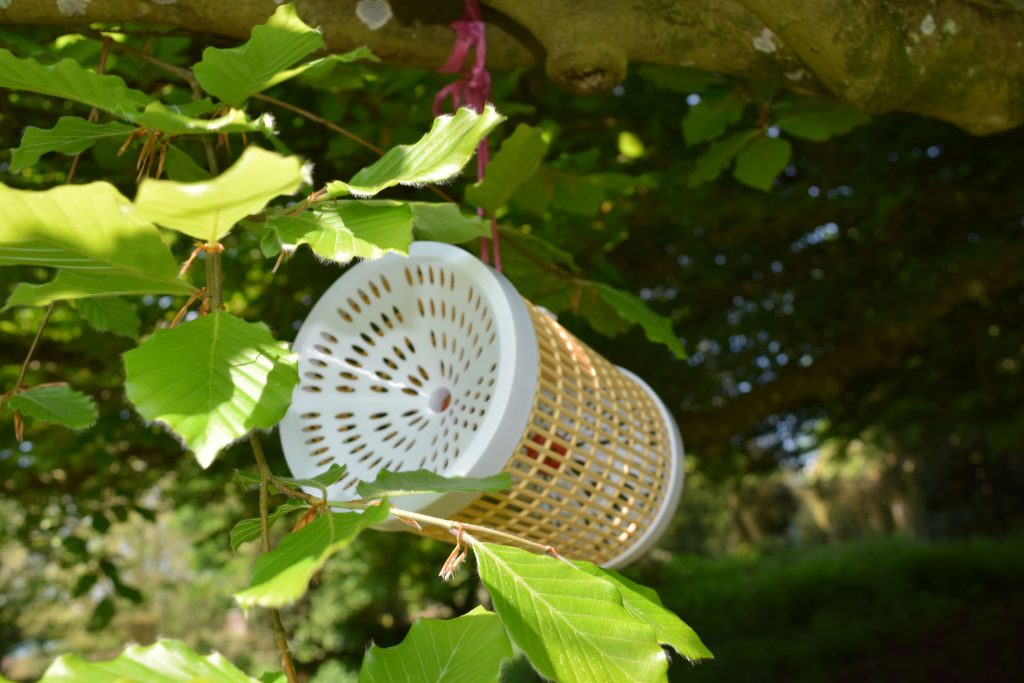Just a reminder of the upcoming apiary visit and social at the Stinsford Apiary on Sunday 16th June at 14:00. This will be in place of the evening social for June.
Kevin Pope will be there and with is wealth of experience as a beekeeper and as a retired Seasonal Bee Inspector he will probably have lots of advice about the apiary and the colonies we have there.
There will be a picnic tea with bring and share cakes. We will supply tea and coffee but you will need to bring your own mug and cake if you have some to share.
Full details of the event are in the June news letter. If the event has to be cancelled due to the weather then an email will be sent out on the Sunday morning.
We did an apiary visit on Sunday. The blog is here. Amongst the photos I took was this one.

And that photo was what we saw in one of the hives. Perfect with one egg at the bottom of each cell and the start of a good laying pattern. Excellent!
But the next hive I caught this on camera

But in this cell there are multiple eggs in each cell. This is not a cause of concern at this stage. The eggs are at the bottom of the cell and therefore it is not likely to be a laying worker. Laying workers have a shorter abdomen and are unable to lay the eggs at the bottom of the cell.
This is most likely to be a queen who has not yet learned how to lay just one egg in each cell. Hopefully she will learn and soon.
I was particularly pleased to see the eggs. As anybody who has been on my Beginners' Course knows I am not the world's best at seeing eggs - in fact I have never seen them until now.
The full blog for last Sunday can be seen here.


